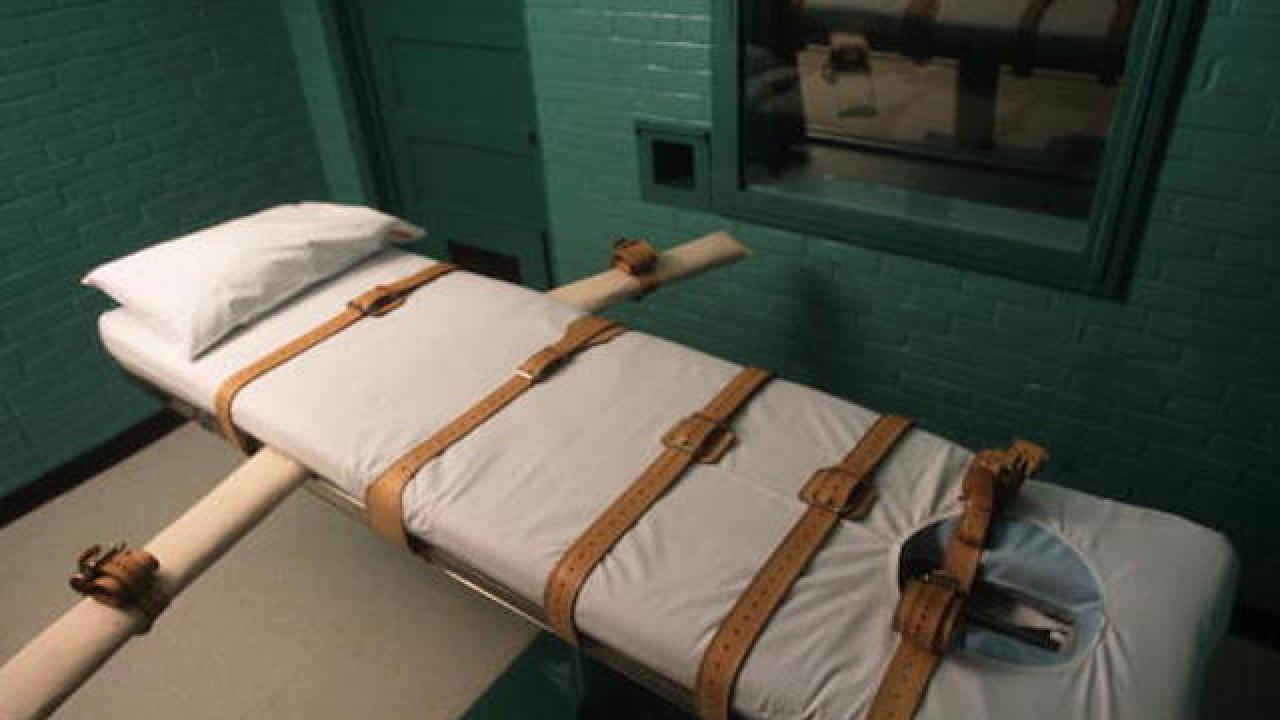“It is better that ten guilty persons escape than that one innocent suffer.”
–William Blackstone
This week, the Colorado Legislature considers the question of abolishing the death penalty in the State. The Colorado Senate Judiciary Committee heard extended testimony on Monday, January 27, 2020, on whether the State should have the option in any case to seek and ultimately carry out the death penalty. The proposed amendment to Colorado law, Senate Bill 20-100, simply states:
“The bill repeals the death penalty in Colorado for offenses charged on or after July 1, 2020, and makes conforming amendments.” source
The proposed change follows six previous attempts to take the death penalty off the table. This year, however, the bill has bipartisan support and stands a much better chance of making it to Governor Polis for signature. The governor has said he is ready to sign legislation abolishing the death penalty if the legislature can deliver a bill.
Moral Considerations
Advocates and protestors on both sides of the question made their viewpoints heard on Monday. Many prosecutors argued the death penalty is a necessary and useful tool in their arsenal, reserved even if only for only the most serious cases. For those most egregious situations, or those in which a person commits a grave offense while already serving a life sentence, they argue, the death penalty gives additional pushback that helps deter the worst behavior in society and preserve retributive justice for victims.
On the other side of the matter, lawyers, academics, and even clergy argued that death simply should not be a matter for the state to decide. Even if no errors occur in carrying out the death penalty, they said, it takes away the possibility of any future reconciliation, rehabilitation, or recovery from the events of the past. As other states have shown, however, mistakes sometimes do occur, and innocent people are sometimes put to death with no possibility of correction of the error.
Financial Burdens
Does it make sense to carry out death penalty prosecutions from a financial perspective? The ACLU estimates that an average death penalty case costs taxpayers $3,500,000, a figure which comes as a surprise to many. The cost goes towards the checks and balances built into the legal system. Every death penalty case must first be tried, then sentenced, then appealed. In addition to prosecuting the case, defense attorneys who take up the cause spend enormous resources defending clients, who are usually indigent. This can come at a cost to the state through public defenders or appointed counsel, or in the form of pro bono representation from attorneys who are some of the sharpest in their field who could be devoted to other matters. In the end, the state must finally make arrangements for carrying out the death sentence. Less and less states are able to do so easily as contractors who manufacture the chemicals used are pulling back their supplies. Denver District Attorney Beth McCann was quoted this week saying, “These cases take way too long and drain way too many resources.”
Eighth Amendment Concerns
Some Colorado lawmakers suggested the death penalty also violated the Eighth Amendment to the United States Constitution, part of the Bill of Rights which forbids cruel and unusual punishment. Although the Framers’ must not have conceived of the death penalty as inhumane since it was used at the time and not specially excepted, changing societal perspectives may have now migrated to include the death penalty within the Eighth Amendment. For the time being, however, the United States Supreme Court has not ruled the death penalty unconstitutional under the Eighth Amendment, though some academics have speculated the question is inevitable to come before the Court.
A Matter for Voters or the Legislature to Decide?
Another argument advanced by prosecutors in favor of keeping the death penalty good law in Colorado suggests that the matter should properly be decided by voters, not the legislature. Denver D.A. McCann countered that ballot initiatives can be swayed by a few big money donors, although it’s uncertain if any powerful pro-death penalty lobbyists even exist. In other states who have submitted the matter to voters, feedback has been more traditional than progressive, even in stereotypically liberal states like California. In that state, Proposition 62 would have outlawed the death penalty, but was soundly defeated by the State’s rural population, despite the coastal and urban centers voting in favor. Odds are a similar proposition in Colorado would fail as well.
Legal Analysis From Law Office of Walker Fults
Visit this page for more up to date legal analysis from Boulder Criminal Lawyer Walker Fults. If you have a pressing legal need, contact Attorney Fults immediately at (303) 818-6011.


